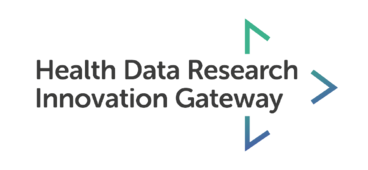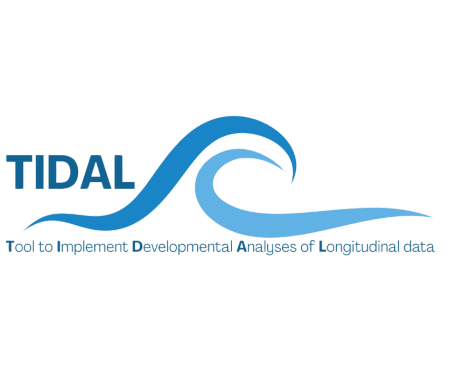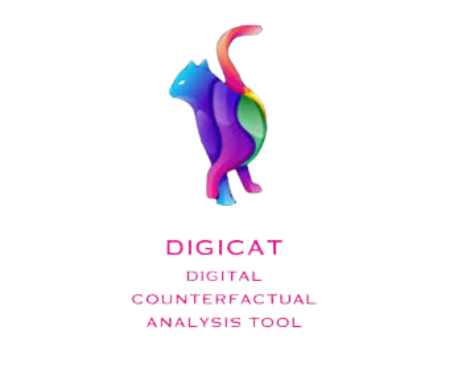Longitudinal data resources
The UK Longitudinal Linkage Collaboration (UK
LLC) is the
national Trusted Research
Environment for longitudinal research including many of the UK’s most established
longitudinal studies. The mission of the UK LLC is to provide a data linkage resource for
its partner studies and a simple one-application process for UK researchers applying to
access linked longitudinal research data.
CLOSER Discovery is a research
tool that
enables
searching
for variables measured in the UK’s leading longitudinal population studies and testing
their robustness. The tool provides detailed information about the variables and where
to access the data from each study.
The Health Data Research (HDR) UK Innovation
Gateway is a portal in which researchers can search, discover and
request access to hundreds of datasets, tools and resources for health research. The HDR
UK Innovation Gateway contains information that is useful to researchers, data
custodians and patients and the public.
Catalogue of Social Care Data
The Catalogue of Social Care Data (CASCID)
collates existing datasets with social care measures of social care need, provision or
receipt. The CASCID provides overview information about the datasets and detailed
information about the measures and enables users to search and filter by either datasets
or measures.
Harmony is a tool that can compare
the
compatibility of different measures and questionnaire items of mental health. This tool
enables the retrospective harmonisation of measures and items used in different studies,
supporting cross-study comparisons and the maximisation of their data usability.
The Atlas of Longitudinal
Datasets is an online searchable platform with information about
longitudinal datasets from across the world, funded by the Wellcome Trust. The aim of the
Atlas is to increase the findability and uptake of longitudinal data and facilitate
researchers, funders, and others with exploring the richness and areas of opportunity in
longitudinal research globally.
The Maelstrom Catalogue is
a searchable
platform
that
contains comprehensive information about epidemiological research networks and studies,
and the data they have collected. Maelstrom also provides information about harmonized
data generated by these research networks.
The Melbourne
Children’s LifeCourse Initiative
platform includes information about the core
longitudinal cohorts of the the LifeCourse Initiative and the measures collected in each.
The platform features a metadata catalogue with timelines of the cohorts and the data they
have collected. It also contains a measurement library with the measures used in the cohorts
to capture topics such as mental health and allergies.
TIDAL is a user-friendly research tool designed to facilitate trajectory modelling
by
improving access, analysis and interpretation of trajectory and longitudinal data. TIDAL is
available in two formats: an R package and an online Shiny application aimed at a variety of
users, with or without specialist statistical backgrounds. The aim is for this tool to
remove barriers to data wrangling, analysing, visualising and interpreting of growth curve
model data in longitudinal research.
DigiCAT
is an open digital tool built that implements a range of counterfactual analysis methods to
promote the principled use of this type of analysis for identifying potential active
ingredients in mental health. The tool has been designed to handle real data, with
capabilities for missing data, non-binary treatment effects and complex survey designs.
DigiCAT is available in R and Shiny, and is accompanied by accessible tutorials.







